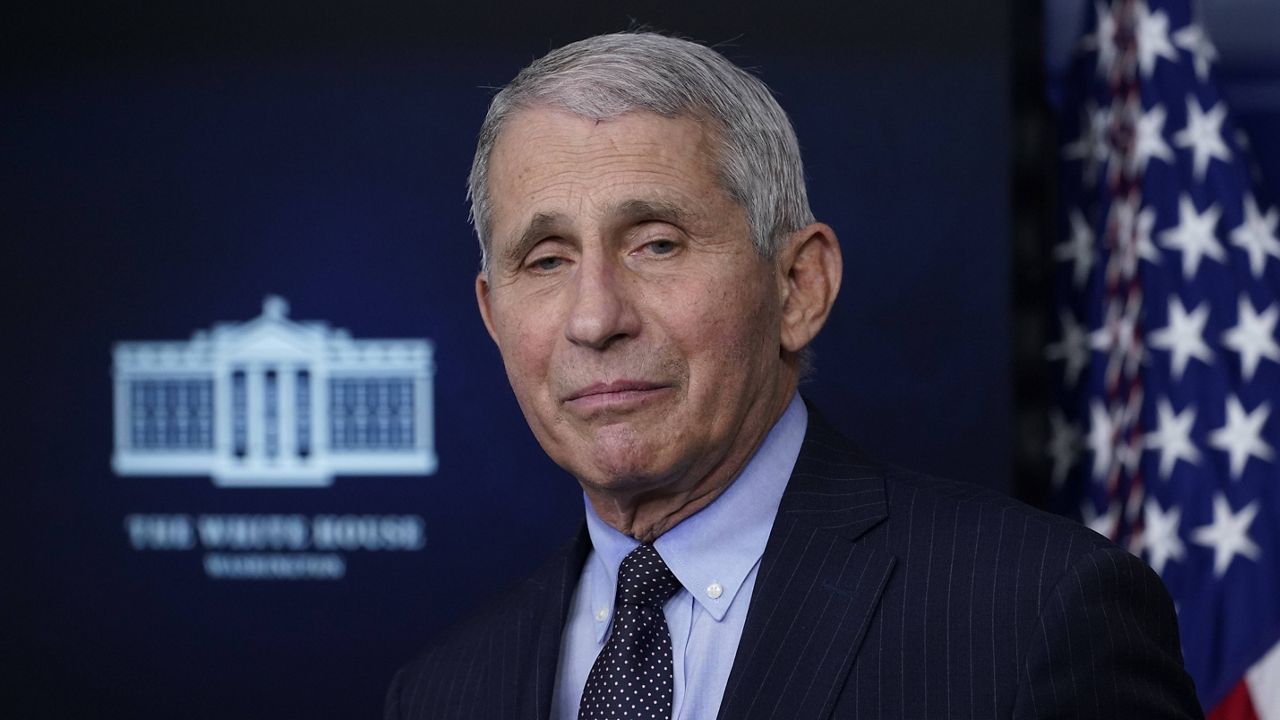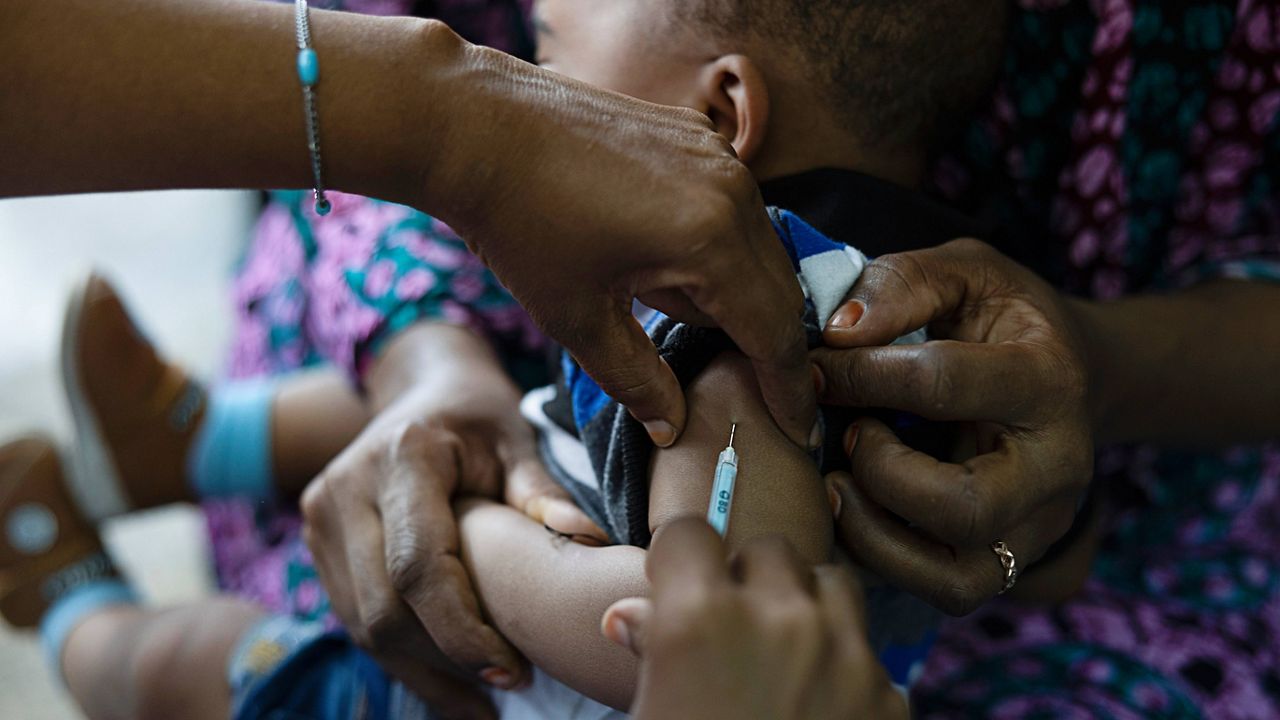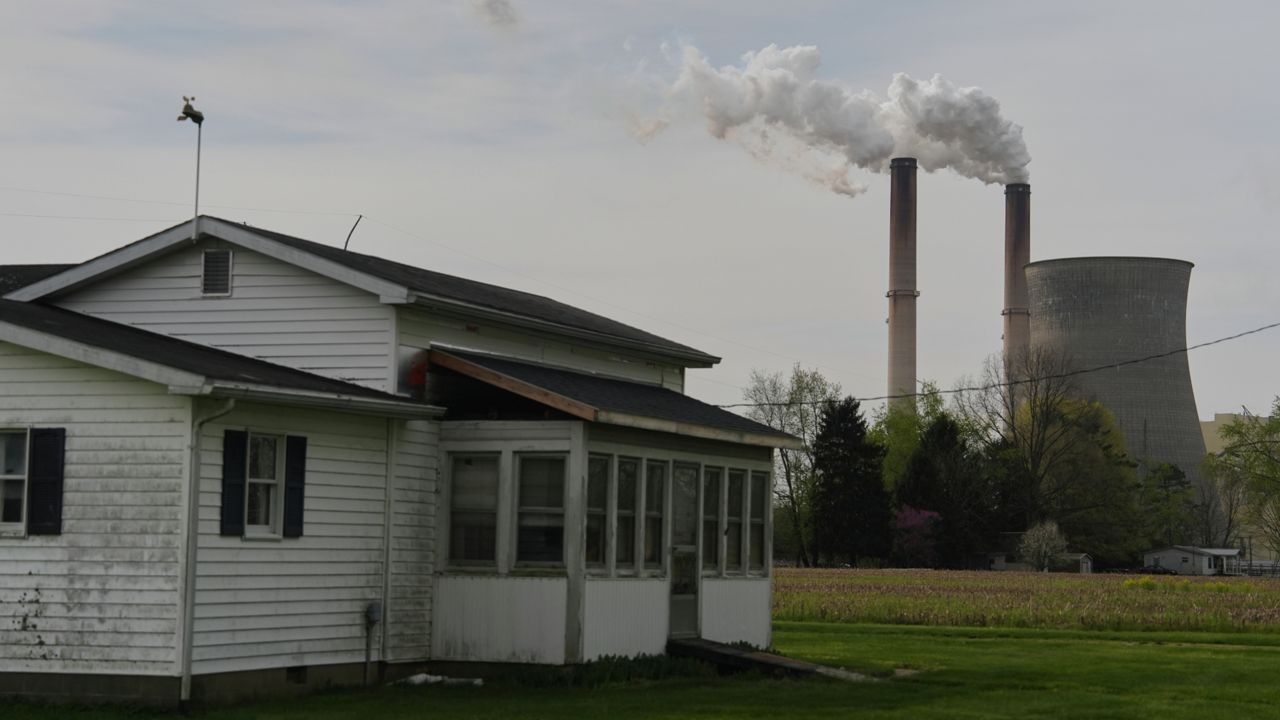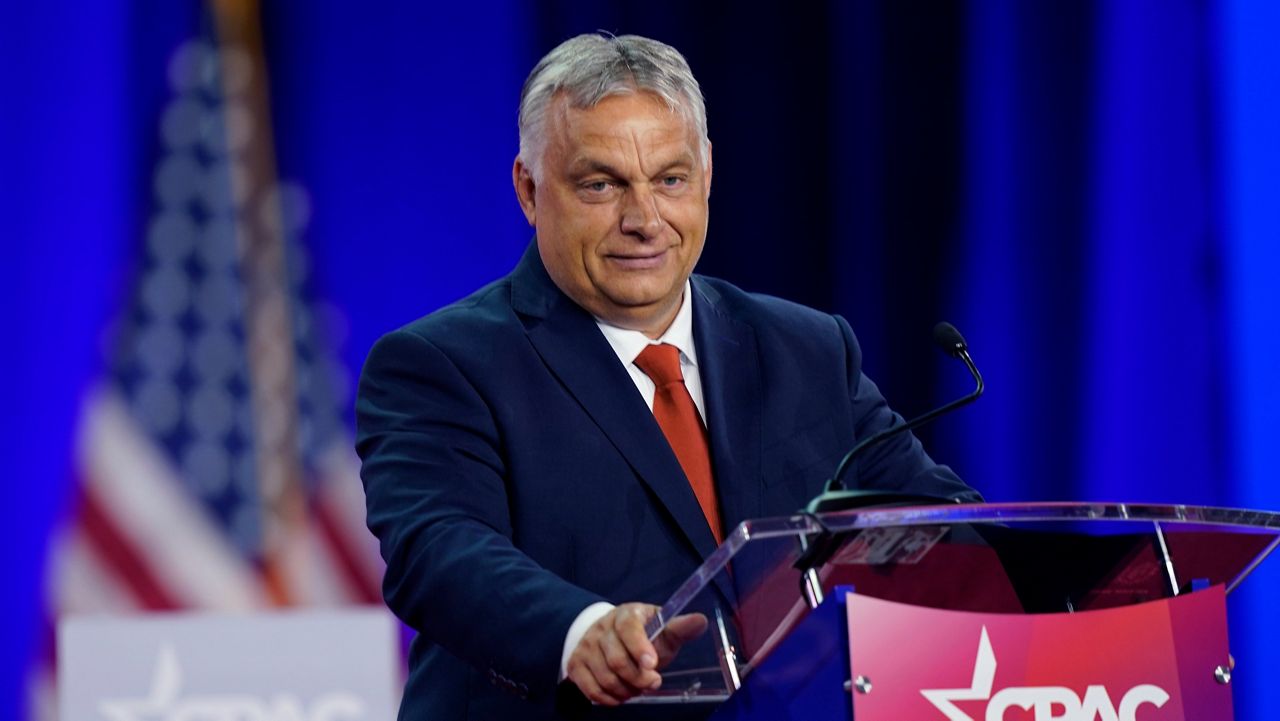Dr. Anthony Fauci, the nation’s leading infectious disease expert who saw the United States through the worst of the coronavirus pandemic, is set to wrap up his decades-long career in public service come early 2025.
"By the time we get to the end of [President Joe Biden's] first term, I will very likely (retire)," Fauci told CNN on Monday, adding: "I have said that for a long time.”
The statement came soon after Politico published a wide-ranging interview with the 81-year-old doctor, in which he spoke at length about how he hopes to be remembered when he retires – though did not specifically say when that might be.
He did, however, acknowledge that he cannot wait to retire until coronavirus is eradicated – “then I will be 105,” he joked to the outlet – because the virus is unlikely to fully disappear.
“I think we’re going to be living with this,” Fauci told Politico, adding of how the country will manage the disease via vaccinations: “I think, although I don’t know for sure, over the next cycle or so, we’ll be getting towards a once a year boost, like flu.”
Though there is much uncertainty surrounding the ever-evolving iterations of the virus, Fauci knows a thing or two about infectious diseases.
Currently serving as both the head of the National Institute of Allergy and Infectious Diseases (NIAID) and chief medical advisor to the president, Fauci has spent more than half a century in public health. He has served as a health advisor to every U.S. president since Ronald Reagan; he was at the forefront of combatting the HIV/AIDS epidemic in the 1980s, and he received the Presidential Medal of Freedom from George W. Bush in 2008.
Fauci told Politico his work with the younger President Bush in creating the international HIV/AIDS program known as PEPFAR – the President’s Emergency Plan for AIDS Relief – might be “the most impactful thing I have done in my career,” saying while a vaccine for the disease might be far away, he feels confident he will leave his work in good hands.
“I don’t need to be there for HIV, because we have enough good people that could carry it on,” he said in part.
While Fauci has long been leading the nation’s response to dangerous infectious diseases, he gained a new kind of fame – or perhaps, infamy – under President Donald Trump amid the coronavirus pandemic.
Fauci, who served as an advisor to Trump’s White House Coronavirus Task Force, was often seen in the background of Trump’s COVID-19 briefings, which became increasingly rare in the waning days of the administration. Fauci also had the unenviable task of correcting misleading statements from Trump and other administration officials, which led to friction between him and the White House.
The renowned immunologist has become more willing to criticize the previous administration since President Joe Biden took office, and told the New York Times last November while he decided he was not “going to proactively go out and volunteer my contradiction of what [then-president Trump] said,” he thought it was important to correct certain statements for the sake of his own integrity.
Fauci himself was — and to some extent, still is — a primary target of misinformation and conspiracy theories, particularly among supporters of the former president, who openly mused about firing Fauci after the two publicly disagreed on aspects of the coronavirus pandemic.
Fauci has been accused of authorizing a grant that was used in a Wuhan lab for gain-of-function research that some GOP lawmakers contended led to SARS-CoV-2 being leaked from the lab (it did not); that he and Facebook CEO Mark Zuckerberg colluded to create a narrative early on in the pandemic (they did not), and that Fauci lied to the American public about the efficacy of masks in early 2020 (he did not).
Fauci still recognizes that he may be the target of political ire as Republicans try to seek to gain control of the House and the Senate in this year’s midterms, and even further down the road in the next presidential elections.
“They’re going to try and come after me, anyway. I mean, probably less so if I’m not in the job,” he told Politico, adding: “I don’t make that a consideration in my career decision.”








